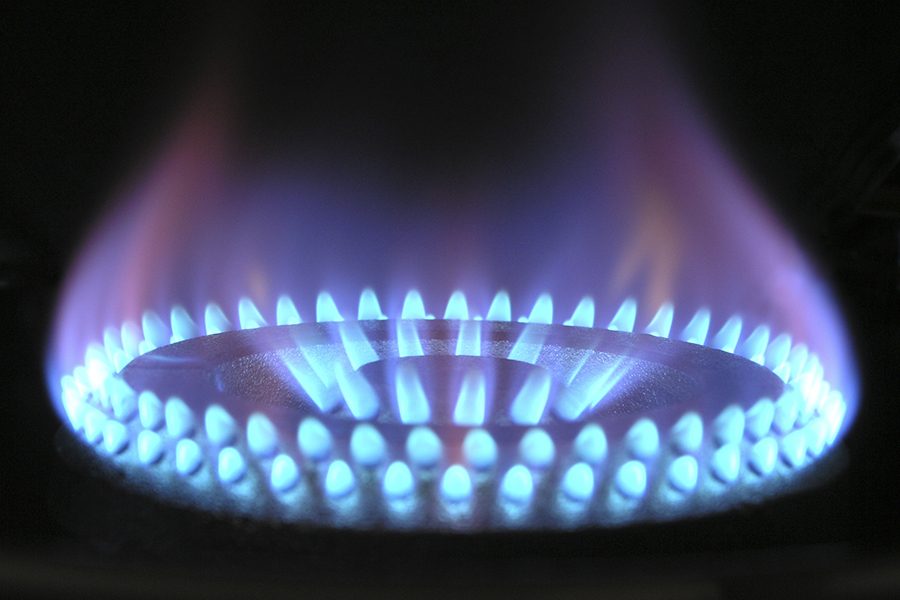
Home » Washington natural gas customers seeing higher energy bills
Washington natural gas customers seeing higher energy bills

December 16, 2019
Natural gas customers in Washington started seeing higher
energy bills beginning Nov. 1 due in part to last winter’s colder temperatures
and a 2018 gas pipeline explosion in British Columbia.
The state Utilities and Transportation Commission recently
approved rate adjustments ranging from 4 percent to 15 percent for Avista,
Cascade Natural Gas, NW Natural and Puget Sound Energy natural gas customers.
Higher customer costs for 2019 reflect wholesale natural
gas price increases caused in part by the October 2018 Enbridge pipeline
rupture, which disrupted natural gas markets throughout the Pacific Northwest.
On Oct. 9, 2018, a 36-inch diameter natural gas mainline
burst near Prince George, British Columbia. The pipeline serves markets in
Canada, Washington, Oregon and Idaho with natural gas production from
northeastern British Columbia through the Sumas hub, on the border between
Canada and Washington state.
Imports of natural gas at the Sumas hub, which averaged
1.1 billion cubic feet per day in the first half of 2018, fell to zero for a
day after the rupture.
About half of Washington’s natural gas supplies come from
the Canadian provinces of British Columbia and Alberta.
Enbridge reported it successfully completed repairs on the
ruptured section of the pipeline at the end of October 2018, but capacity
delays continued through winter 2019.
Natural gas companies are required to submit purchased gas
cost adjustment filings every 15 months to adjust rates based on the constantly
changing cost of natural gas in the wholesale market. The cost of gas purchases
are passed on to customers; companies do not profit from or lose money on gas
purchases.
Here’s how the increases affect utilities across the
state:
• The typical Cascade Natural Gas residential customer
using 55 therms a month will see an increase of 10.8 percent, or $5.17, for an
average monthly bill of $53.23. Rate changes for Cascade primarily are due to
the purchased gas cost and decoupling mechanism, but they also include cost
recovery for pipeline replacement, conservation programs, low-income
assistance, and refunds related to excess deferred income taxes due to the Tax
Cuts and Jobs Act. Kennewick-based Cascade serves more than 220,000
residential and business customers in 68 communities throughout the state,
including Kennewick, Walla Walla, Sunnyside, Yakima, Wenatchee, Aberdeen,
Bellingham, Bremerton, Longview, Moses Lake and Mount Vernon.
• The average bill for a typical Avista residential
natural gas customer using 66 therms will increase by 14.8 percent, or $7.06 a
month, for an average monthly bill of $54.85. Rate changes for Spokane-based
Avista primarily are due to the annual gas adjustment, but they also include an
adjustment for the company’s revenue decoupling mechanism, a regulatory tool
that allows utility revenue to be “decoupled” from sales.
• The typical NW Natural residential customer using 57
therms a month will see an increase of 4.4 percent, or about $2.14 a month, for
an average monthly bill of $51.06. Rate changes for Portland-based NW Natural
primarily are due to the PGA, but they also include annual adjustments for
low-income assistance programs.
• The typical Puget Sound Energy residential customer
using 64 therms a month will see an increase of 14.1 percent, or $8.40, for an
average monthly bill of $68. Rate changes for Bellevue-based PSE primarily are
due to the PGA, but they also include cost recovery for pipeline replacement.
The variation in total gas rates among Washington’s
investor-owned utilities is due to regional differences in monthly residential
usage, supply sources, conservation and energy efficiency programs, low-income
program costs, and company gas purchasing practices.
The state UTC regulates the private, investor-owned
natural gas utilities in Washington. It is the commission’s responsibility to
ensure regulated companies provide safe and reliable service to customers at
reasonable rates, while allowing them the opportunity to earn a fair profit.
Local News Energy
KEYWORDS december 2019





